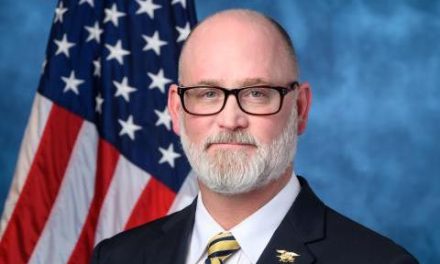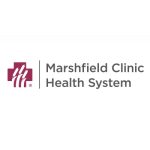
New finding: maintenance drugs not needed for follicular lymphoma
For Release:
Sept. 29, 2014
CONTACT: Susan Lampert Smith
(608) 890-5643
MADISON, Wis. – A national study headed by a UW lymphoma expert may save patients with follicular lymphoma from taking years of unnecessary drugs.
The study, led by Dr. Brad Kahl, chair of lymphoma research at the UW Carbone Cancer Center, was published recently in the Journal of Clinical Oncology.
It followed 289 patients with low tumor burden follicular lymphoma (FL), a slow-growing type of non-Hodgkin’s lymphoma. All the patients initially responded to treatment with rituximab, a cancer-fighting drug. Half received maintenance doses of rituximab every three months, while the others did not receive the drug until their cancer recurred. There was little difference in how long their cancers took to reappear, a median time of 4.3 years for those on the maintenance rituximab and 3.9 years for those not taking the drug.
“The study shows that a rituximab re-treatment strategy provides comparable disease control to a maintenance strategy in low tumor burden follicular lymphoma,” says Kahl. “In addition, a re-treatment strategy is more cost-effective, as it requires about a quarter as much drug utilization. For those two reasons, we recommend a retreatment strategy over a maintenance strategy in this patient population.”
The study was accompanied by an editorial saying the “eagerly anticipated” results should change clinical practices.
The editorial also noted that the Rituximab Extended Schedule or ReTreatment (RESORT) trial shows the importance of the National Cancer Institute–sponsored National Clinical Trials Network (NCTN).
“Only the NCTN and other global cooperative groups could accomplish a study like RESORT, given that it may not always be possible to obtain support from a pharmaceutical sponsor to conduct a study investigating an approach that minimizes drug use,” the editorial says. “However, it is absolutely in the interest of the patient and our society for these studies to proceed.”
Kahl is the Skoronski chair of lymphoma research and an associate professor of medicine at the UW School of Medicine and Public Health. His co-authors on the study include members of the Eastern Cooperative Oncology Group. The work was supported by the National Cancer Institute. Full text of the study is available here: http://jco.ascopubs.org/content/early/2014/08/25/JCO.2014.56.5853.abstract





